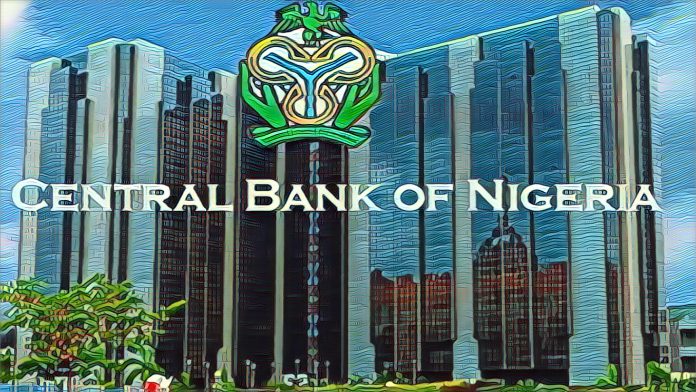Nigeria’s central bank has cleared the backlog of foreign exchange liabilities of 14 banks and started paying foreign airlines, easing a long-standing crisis that has hampered the country’s economic recovery.
The central bank said on Wednesday that it had settled about $2 billion of the outstanding forex demand across various sectors, including manufacturing, aviation, and petroleum, according to a statement by its spokesperson, Hakama Sidi Ali.
She said the bank had also commissioned an independent forensic review of the backlog, which revealed “grave infractions, gross abuse, and significant non-compliance with market regulations” by some market participants. She added that appropriate sanctions would be enforced in collaboration with relevant agencies.
The forex crisis has been one of the major challenges facing Nigeria, Africa’s largest economy and biggest oil producer, which relies heavily on imports for its consumption and industrial needs.
The country has been struggling with a shortage of dollars since the collapse of oil prices in 2020, which triggered a recession and a devaluation of the naira currency. The central bank has tried to manage the forex supply by imposing multiple exchange rates, rationing dollars, and banning some imports from accessing the official market.
However, these measures have failed to meet the huge demand for forex, especially from manufacturers, importers, and foreign investors, who have been unable to repatriate their profits or dividends. The backlog of forex obligations was estimated at $7 billion by the end of 2023, according to the Manufacturers Association of Nigeria.
The situation has also affected foreign airlines operating in Nigeria, who have been unable to remit their earnings to their home countries. Some airlines have threatened to suspend their flights to Nigeria or reduce their frequencies, citing the forex challenges.
The central bank’s announcement of clearing the backlog has been welcomed by the affected sectors, who hope that it will ease the pressure on the forex market and improve the business environment.
Muda Yusuf, the director-general of the Lagos Chamber of Commerce and Industry, said the move was a positive development that would boost the confidence of investors and enhance the liquidity of the forex market.
He said the central bank should also address the issue of multiple exchange rates, which he said created distortions and inefficiencies in the forex market. He urged the bank to adopt a more flexible and market-driven exchange rate policy that would reflect the true value of the naira.
The central bank’s spokesperson, Sidi Ali, said the bank was committed to cleaning up the financial services sector and fostering trust among all market participants. She assured that the bank would continue to settle the legitimate forex backlog as it has been doing in the last three months.
She also said the bank would maintain its current monetary policy stance, which aims to support the economic recovery and curb inflation, which hit a four-year high of 18.1% in December 2023.
Nigeria’s economy grew by 4.2% in the third quarter of 2023, after contracting by 1.8% in 2020. The International Monetary Fund projects a growth of 3.5% for 2024, but warns of downside risks from the forex crisis, insecurity, and the COVID-19 pandemic.
Source: Reuters



